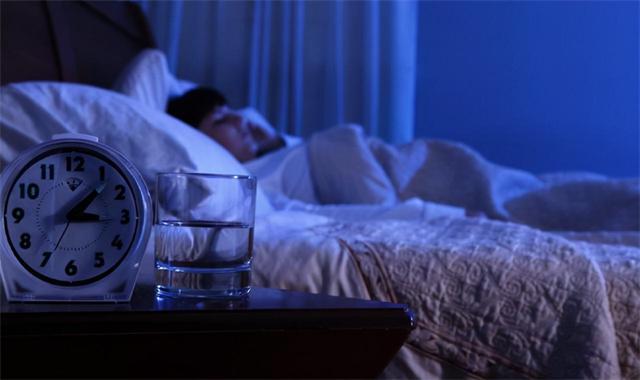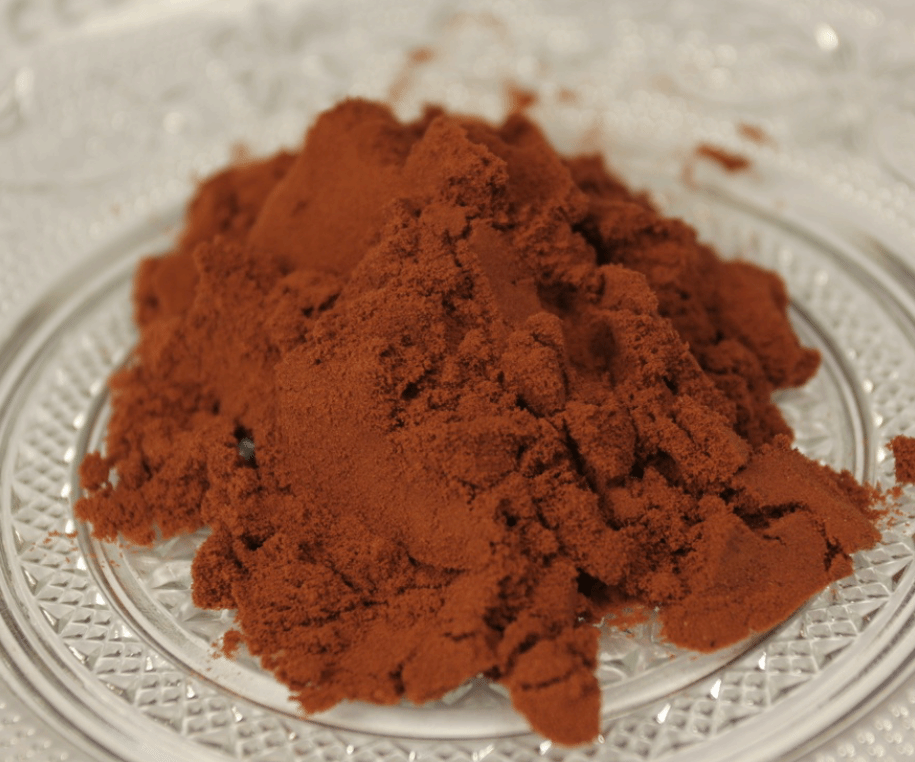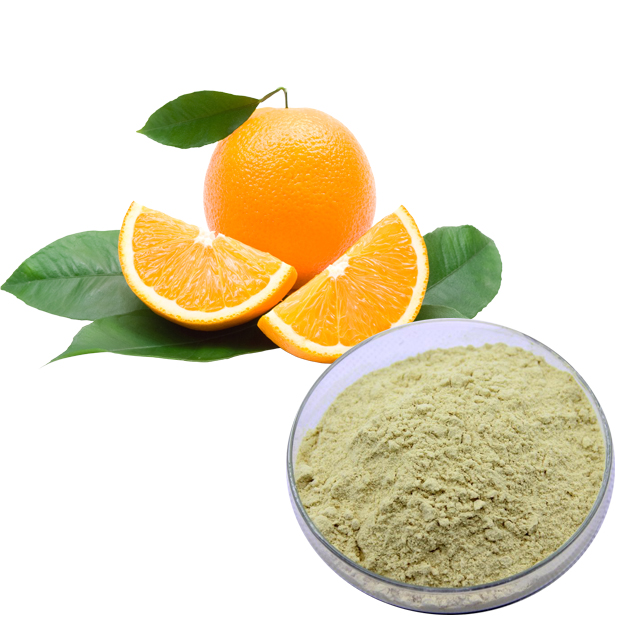Melatonin: The "Insomnia Savior"?

Melatonin is also known as the "dark signal" because its secretion mainly occurs in the dark, increasing at night and being suppressed during the day. Once the environment becomes dark, melatonin starts working, gradually leading the body into a sleep state. Melatonin plays an endogenous role in synchronizing rhythms in the body, affecting the sleep-wake cycle and stabilizing and enhancing circadian rhythms.
Efficacy of Melatonin
Research has shown that timely supplementation with exogenous melatonin can help adjust sleep cycles, especially for insomnia caused by reduced melatonin secretion. Melatonin supplements are also effective in treating delayed sleep phase disorder (DSPD) and can alleviate jet lag symptoms to some extent.
Delayed Sleep Phase Disorder (DSPD): DSPD, also known as circadian rhythm sleep disorder, is characterized by a person's sleep pattern being delayed by two hours or more compared to the normal sleep schedule, leading to later sleep and wake times. Studies indicate that melatonin can shorten the time required to fall asleep and help both adults and children with this disorder to sleep earlier.
Jet Lag: Evidence also suggests that melatonin can improve symptoms of jet lag, such as frequent awakenings and daytime sleepiness. However, the precise mechanisms by which melatonin regulates sleep are not fully understood and require further research.
Safety and Recommendations
Before taking melatonin, it is crucial to consult a doctor. Current research supports the use of melatonin for conditions such as circadian rhythm sleep disorders, jet lag, and pediatric sleep disorders. People experiencing these issues can use melatonin under medical supervision.

Conclusion
Melatonin is a valuable tool for managing certain sleep disorders and adjusting sleep cycles disrupted by factors like reduced melatonin secretion or time zone changes. However, due to the incomplete understanding of its mechanisms and potential long-term effects, its use should be carefully considered and guided by medical advice. Thus, while melatonin holds promise as a sleep aid, it should be used responsibly and under professional guidance.
Contact:James Yang
Tel/WhatsApp: +8619992603115
WeChat:19992603115
Email: sales@xabcbiotech.com











